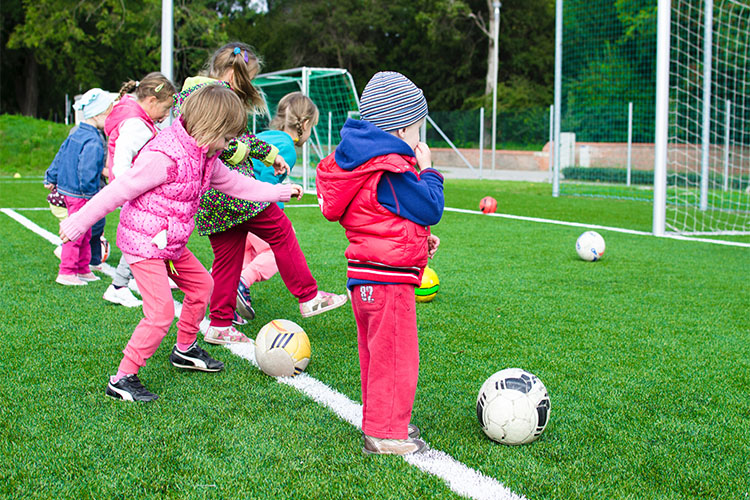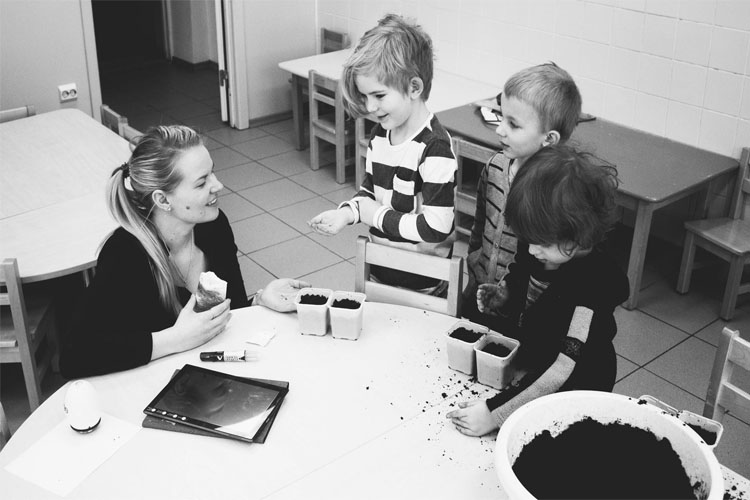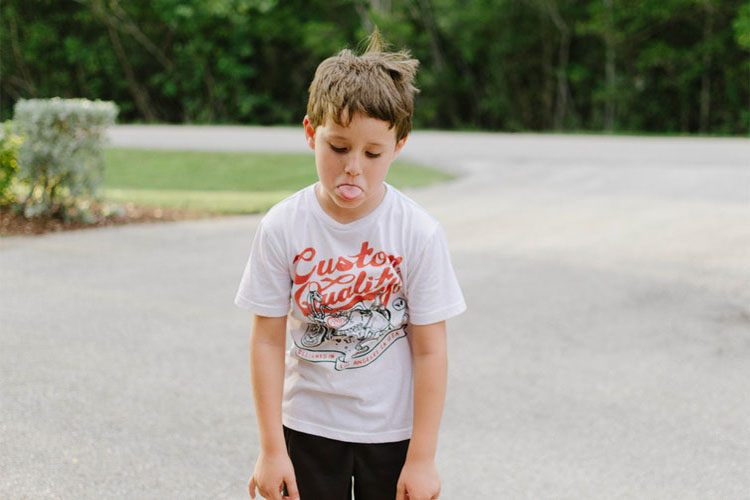Attention Deficit Hyperactivity Disorder (ADHD) is a common condition that affects children worldwide. Children with ADHD may struggle with hyperactivity, impulsivity, and inattention, which can cause challenges in various aspects of their lives, including their academic performance, social interactions, and emotional well-being. While there are various treatments and therapies available…Read More

Discipline Mistakes Parents Make
Although almost every parent wants great kids, many parents aren’t sure how to get there. Here are three of the most common child discipline mistakes and how to avoid them. 1. Treating children like pets, not people Starting in the womb, the entire journey of having children is often viewed…Read More

Great Healthy Snacks for Kids
Finding great healthy snacks for kids is an ongoing challenge for every parent. With busy schedules, fixed grocery budgets and the discerning palates of children, making healthy choices is a process often pushed aside. Fortunately, parents and kids can work together to choose healthy options that are affordable and easy…Read More

Ways to Help Prevent Childhood Obesity
Obesity has become a major health problem over the past few decades. While losing weight and getting healthy is difficult for adults, the problem is even more challenging when talking about childhood obesity. No person ever wants to be overweight, but unhealthful eating choices and too little exercise are firmly…Read More

How to Respond to Verbal Bullying
Verbal bullying is an all too common event that children face both in and out of school. This situation happens most commonly in school but it can also happen outside of school hours at sports events, parties and other areas where teens congregate. Knowing what to do and how to…Read More

Verbal Bullying: What it is and how to stop it
Verbal bullying is a serious issue that many children and teenagers face. In order to put a stop to this type of abuse, parents, teachers and members of the community must first understand what it is. Once a verbal bullying situation is recognized, a variety of strategies can be used…Read More

Winter Activities For Kids
Between the cold temperatures and the snow and ice outside, it’s no surprise that so many kids would rather stay inside with a video game or the television. The more time that those children spend inside inactive and snacking, the more likely it is that they will gain weight. Parents…Read More

2014 Bullying Statistics Recently Revealed
With the prevalence of technology, today’s bullying not only includes in-person threats and physical violence but also the online world of cyber bullying. The most recent 2014 bullying statistics may shock parents, educators and the community due to the widespread prevalence of this sometimes deadly behavior. The Who and…Read More

Tips for Talking to Your Kids about Bullying
Today’s parents don’t have to look very far to find examples of bullying. It seems as if stories of bullying can be read about in the newspaper or seen on TV almost every day. However, the subject of bullying can be challenging to approach with children. Whether a child is…Read More

What is Bystander Mobilization?
Bullying and harassment among children and teens have become a hot-button issue in contemporary society as a rash of suicides have swept the country. The victims may feel like they have nowhere to turn and act out by harming themselves. In response to this crisis, an emerging practice that…Read More
